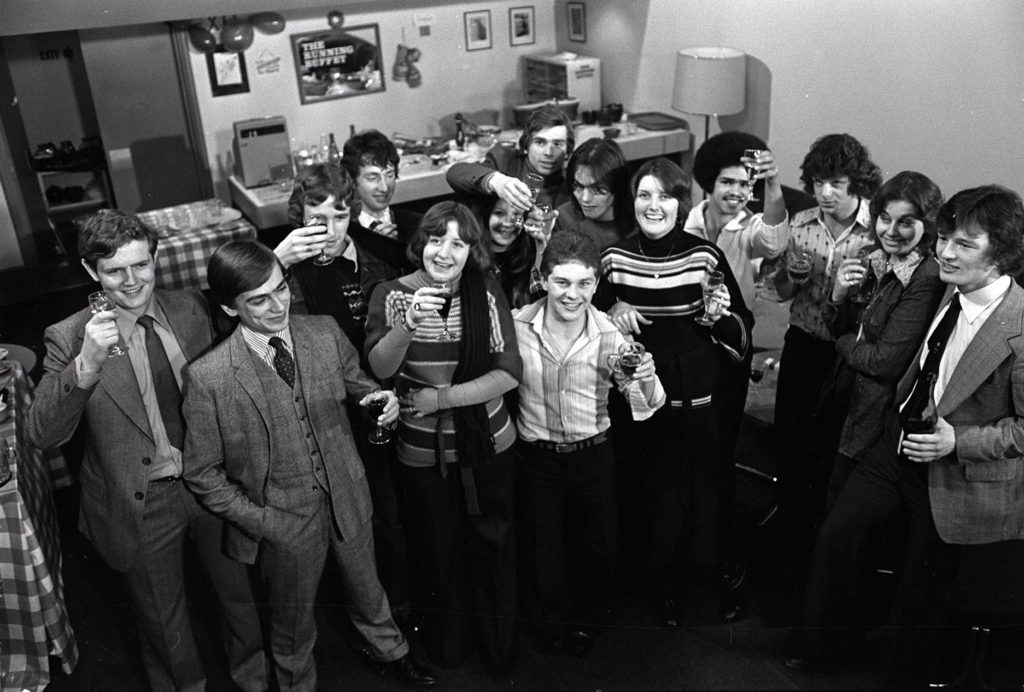
The death of filmmaker Michael Apted on 7 January 2021 prompted an outpouring of praise for his long career in film and television production. He directed well-regarded feature films such as Coal Miner’s Daughter (1980), Gorillas in the Mist (1988) and Nell (1994). But it is for his work on the pioneering television documentary Seven Up and its sequels that he will largely be remembered.
The Up Series beganas a one-off programme for Granada Television’s World in Action series in 1964. Inspired by the maxim ‘give me the child until he is seven, and I will show you the man’; the documentary aimed to show how class influences childhood experience and expectations.
7 Up presented a series of interviews with seven-year-olds from different social backgrounds about their lives, opinions and aspirations. Memorable lines include John’s precocious claim to be an avid reader of the Financial Times, and Neil’s determination to forge a career as an astronaut.
The 23-year-old Apted worked as a researcher on the programme, partly responsible for sourcing its participants. But it was his decision to revisit the same children seven years later for the follow up programme Seven Plus Seven which would instigate the development of the series into the television institution it would become.
Apted returned to the same participants every seven years. He used his documentary camera to create short biographical profiles of ordinary lives.
In his interviews, Apted did not flinch from broaching very personal topics, despite in some cases his contributors’ obvious embarrassment. To his great credit, nor did he choose to edit out of the documentary an uncomfortable moment in 49 Up in which Jackie berates him for asking her and her fellow working-class women ‘insulting’ and ‘mundane’ questions. The inclusion of this scene demonstrates self-awareness of his role in constructing, in the very public forum of television, an interpretation of their lives.
It is evident in the series that, over time, Apted developed a close relationship with his contributors. In 63 Up for example, Apted asks Nick about grieving for his father. He responds: “You know me, Michael, I’m sure I haven’t dealt with it fully”. Apted is a proxy for the audience, who have also come to know something of Nick’s personality over their repeated encounters with him.
7 Up has been compared by academics to the sociological practice of the longitudinal study, which gathers data on individuals over long periods of time. When Apted was interviewed for Ethnography journal in 2009, he resisted the idea of being a sociologist, claiming he has only a ‘kind of nosy interest in the human condition’. This ‘nosy interest’ has enabled him to produce compelling portraits of ordinary people and the course of their lives.
It will be interesting to see whether ITV is able to produce 70 Up, which is due in 2024. It could provide fitting tribute to Apted and draw the project to a satisfying close. But it will not be the same without him shaping the project and being present just off-camera, asking nosy questions and creating art from the answers.
Hannah Andrews is a Senior Lecturer in Media, Film and Television at Edge Hill University.

One response to “‘A Nosy Interest in the Human Condition’: Michael Apted’s Up Series”
Nice article – Thanks Hannah